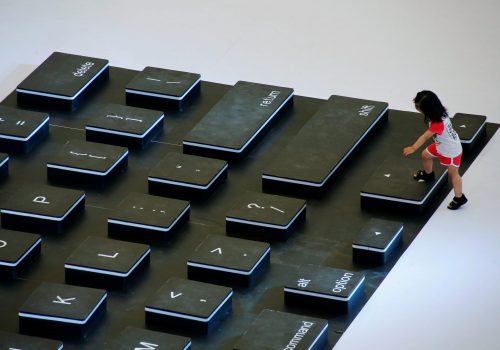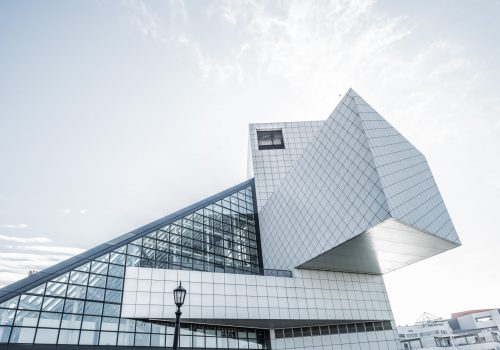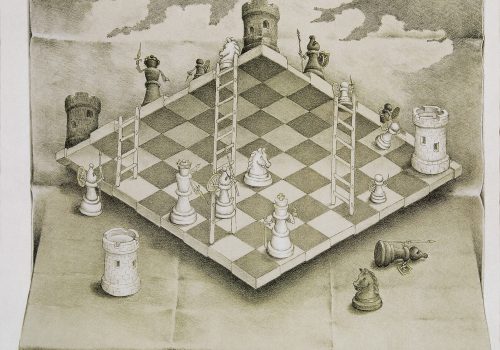Editorial
Our societies may have found the ‘Next Big Thing’ – but rather than under, it is in our noses. This is DNA-reading technology and its current most famous application is the COVID-19 PCR test. COVID-19 PCR tests detect the virus by magnifying a speck of a patient’s DNA acquired through a nasal or throat swab. Since 2020, these PCR tests have provided society a proof of concept over DNA-reading’s utility. Now, non-biomedical uses of the technology are coming online – by inserting a speck of DNA onto a product, a machine can identify the origins and characteristics of that product. A 2020 Harvard study showcased this. Scientists attached inactive DNA of a location-specific bacterium onto a product. Even after wind, rain, and vacuuming, scientists could still detect this bacterium with a PCR test.
The expansion of non-medical uses of DNA-reading technologies will boost trust in society and the economy. Consumers can know whether the products they buy come from where they claim to. For example, the UK fish and chip industry has enjoyed success using this technology for a number of years. The Marine Stewardship Council (MSC) certification uses DNA-reading technology to authenticate the origin and type of fish at supermarkets and chippie shops. This has cut the rate of mislabeling to half the global average, boosting British consumer confidence in their fish products. DNA reading technology also promises to benefit developing countries, where consumer product regulations are often weaker. Making DNA-based authentication widespread could raise the quality of consumer products and increase confidence in private sectors.
Another potentially pivotal biotechnology is brought by scientific improvements in synthetic biology. A recent New York Times article argued that synthetic biotechnology “holds the promise of reprogramming biology to be more powerful and then mass-producing turbocharged cells to increase food production, fight disease, generate energy, purify water, and devour carbon dioxide from the atmosphere.” The optimism behind synthetic biology and its underlying technologies (gene sequencing and DNA synthesis) assumes that biology can now largely follow the trajectory of computing, where progress was made possible by the continuous improvement in microchips, with performance doubling and price dropping in half every year or two for decades.
While synthetic biology and DNA-reading technologies have some way to go before widespread use, other emerging technologies are easing the way. Today, storing a megabyte of data should cost $100; however, it currently stands at $1000. A recent blog post by The Economy of Trust Foundation shows how advances in efficient data storage technology promise to make DNA-reading technology more commercially viable, while storing DNA-read materials on the blockchain can reduce the risk of data tampering. What is more, it argues that experimentation with DNA in space has provided an excellent testing ground to improve DNA sample durability against corrosive radiation. Ultimately, developing emerging tech promises to unleash the immense benefits of bio-technologies in our societies, while expanding the public’s trust in its capabilities.
Sincerely,
Pascal Marmier
Economy of Trust Foundation / SICPA
Stephanie Wander
Atlantic Council GeoTech Center
Borja Prado & Maxwell Kushnir
Editors
Get the Economy of Trust newsletter
Sign up to learn about advances in technology and data activities that, through trust and more transparent frameworks, improve nations and sectors alike.
2021 Report Rewind
In this last edition of the year, we flag the GeoTech Center’s top 2021 reports – covering global tech competition and standards-setting, data ethics, and cyber risks among other topics. These reports explore the future of emerging technologies and their impact on geopolitics. They also analyze the state of those technologies, and the public policies needed to address current challenges and potential opportunities.





